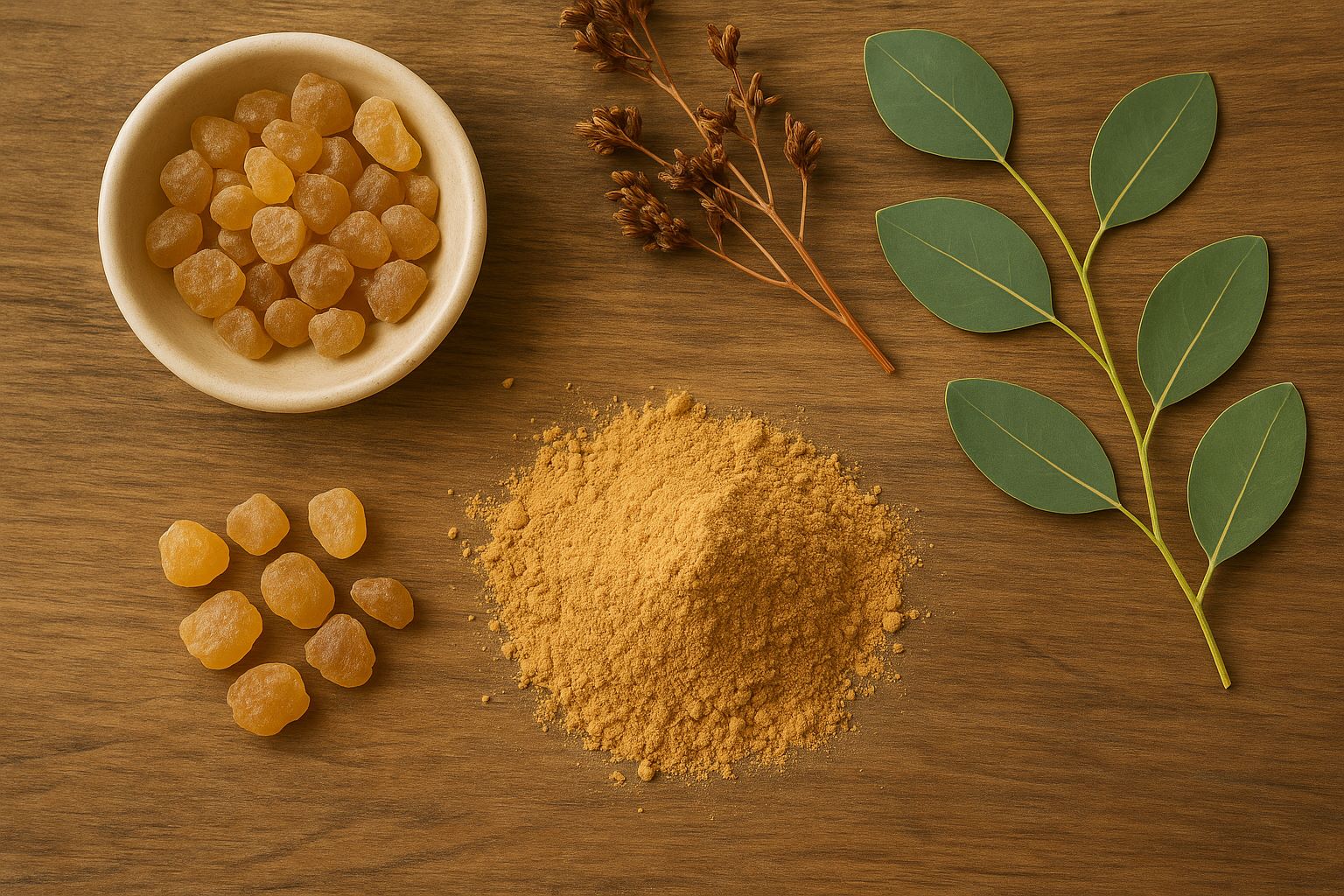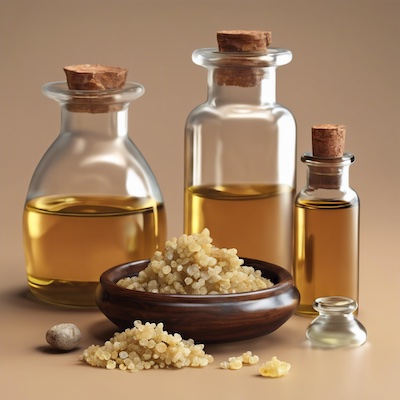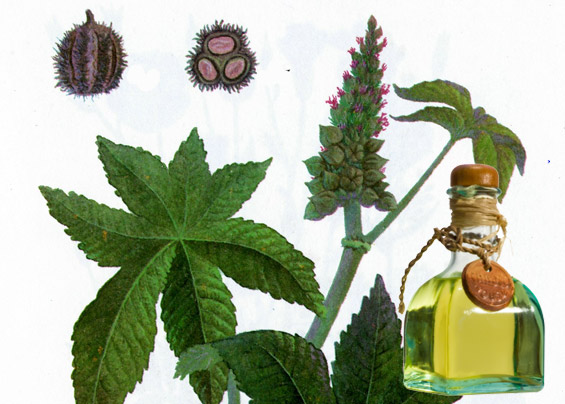SO HERE ARE THE THREE STEPS THAT WILL HELP DECREASE INFLAMMATION AND THEREFORE DECREASE YOUR SYMPTOMS INCLUDING PAIN:
1. Cut out processed foods.
These can come in the form of boxed or packaged items you see on the grocery store shelf or in the frozen food section. They can also be found hanging out in your work lounge- you know, the kind of food that is left in there for days (and it still looks the same). Sometimes you will see processed foods described as “fast food”. You probably know by now that fast foods are not always good for you. But did you know another hidden area where processed foods lurk are in gas station quick-stop markets? That’s where you will find hot dogs, fried burritos, and mini pizzas under the heat lamps or the pale-looking “meat” or “tuna” sandwiches that are seen in the cold food section of the store. Foods with long lists of ingredients most likely contain additives and preservatives that not only contribute to inflammation but can also make your pain receptors hyper-sensitive.
2. Exercise!
If you haven’t been very active recently, just getting out for a walk is a great start. I know it’s difficult to find time to fit some kind of activity into the day with so much other items on your to-do list. It’s so important to make a routine. Exercise helps keep your blood vessels and muscles healthy and strong. Exercising also helps you get to your goal weight. If you are carrying around extra pounds, losing weight will help decrease inflammation. When you are in pain or dealing with constant discomfort, exercise is not the first thing on your mind. I know this. But I also know the benefits of having routine exercise as part of your life. Exercise helps your body parts keep moving which decreases pain and stiffness in muscles and joints.
3. Get your R&R!
Rest and relaxation is more important than you might think for you. The opposite is stress and stress can increase inflammation. It can be challenging to get enough rest, especially if you are the caretaker for little ones, elderly parents or someone disabled. It can also be tough if you are over-worked, over-stimulated or both. Studies have shown that the sweet spot is 7-9 hours of sleep a night. It may take some planning and getting used to, but good sleep is crucial. Getting enough rest decreases inflammation and helps you be able to deal with common daily stressors with ease.
It’s also important to relax. Rest and relaxation are different. A good dose of relaxation is important to the body and soul. Relaxation can come in many forms. Most of the time it’s part of doing something that we love. Doing something we love helps to increase the “feel-good” chemicals in the brain and counteracts the inflammatory response. Make it a point to do something you love every single day of your life! This helps both reduce pain and chronic inflammation.
3 Tips To Relieve Pain By Decreasing Inflammation
Typography
- Smaller Small Medium Big Bigger
- Default Helvetica Segoe Georgia Times
- Reading Mode







